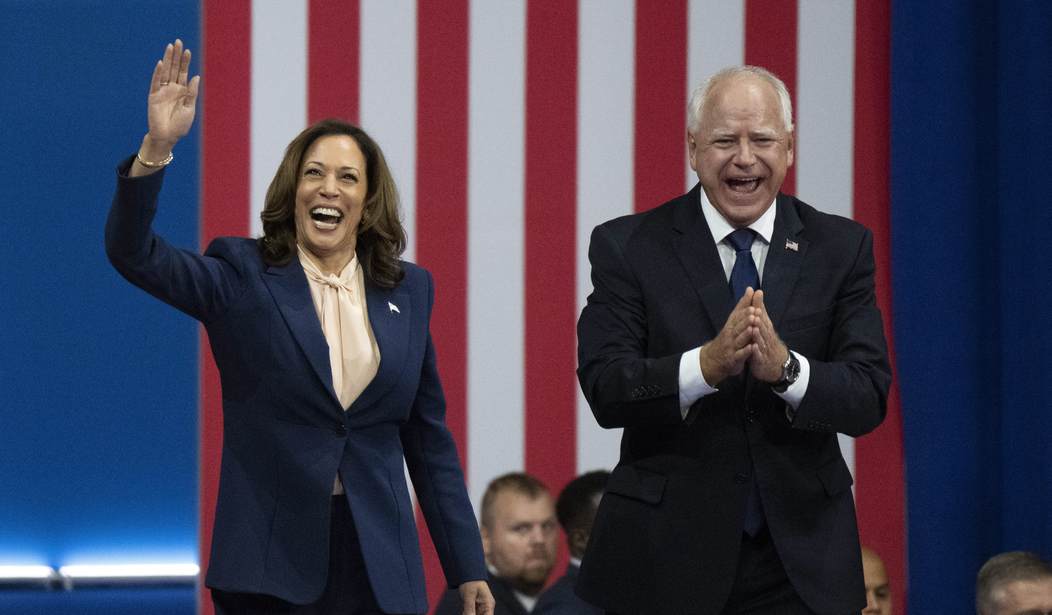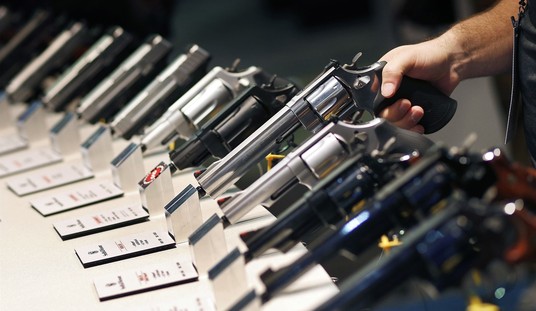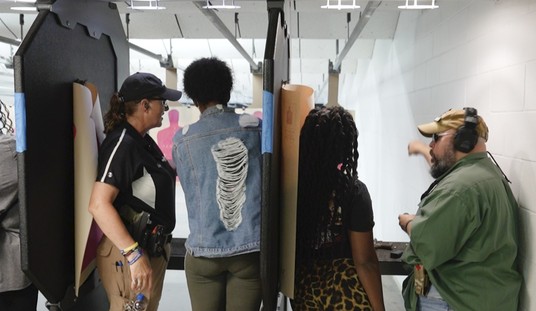I understand why Democrats are so invested in the idea that Tim Walz is going to help them compete for rural votes this fall. The party has been hemorrhaging support in rural America for nearly a decade, thanks in large part to its hostility towards the Second Amendment, and in theory, adding a Midwestern governor who loves to shoot pheasants offers Democrats a way to connect to us yokels who live in the hinterlands.
But I'm still somewhat surprised to see pundits like POLITICO's Charlie Mahtesian buy into the notion that Walz is a game-changer for Democrats in rural America; particularly in the roughly 200 "pivot counties" that voted for Barack Obama in 2008 and 2012 before shifting to supporting Donald Trump in 2016 and 2020. In a new column, Mahtesian claims that Walz can be "of great assistance" in swinging those counties back to the left, though he doesn't offer much evidence in support of his theory.
The southern Minnesota House district Walz represented in Congress for six terms is teeming with these counties — eight of them in all, including his home county. The political skills and style he honed in that crucible are likely to prove invaluable to the ticket.
Why? Walz learned not only how to win as a Democrat in a conservative-minded area — his initial 2006 victory was one of the biggest House upsets that year — but how to defend and sell progressive policies to skeptical white working class voters. Walz managed to survive the 2010 Republican landslide that buried most other similarly situated Democrats, and withstood the undertow from Trump’s runaway 15-point victory over Hillary Clinton in southern Minnesota. After he decided to run for governor in 2018, Walz’s district immediately flipped to the Republican Party.
First off, Walz didn't run for Congress as a progressive, nor did he vote that way when he was in the House of Representatives. As The Hill reports, Walz was a moderate Democrat when he was representing MN-01; the "12th “most politically right” member of the House Democratic Caucus in his last term, according to GovTrack.
That rating appears to be partly a result of Walz’s willingness to back legislation that had bipartisan or mostly Republican backing. Almost half the bills Walz sponsored in his final term in Congress originated with non-Democrats.
Walz also chose to focus on some areas that are, by their nature, not particularly partisan. GovTrack notes that one of his points of focus was “bills on agricultural issues including farm soil health.”
Walz, who served in the Army National Guard, also put a lot of emphasis on veterans’ issues. His legislative record includes sponsorship of bills intended to speed up the delivery of veterans’ benefits and to direct the secretary of Veterans Affairs to establish a registry pertaining to exposure to toxins.
His relative centrism was sometimes more controversial, however. He backed an extension of then-President George W. Bush’s tax cuts while in Congress. Even more unusually, he was among just 17 Democrats who voted to hold then-Attorney General Eric Holder, an appointee of then-President Obama, in contempt of Congress in 2012. At issue was the Department of Justice’s failure to submit documents to Congress relating to Operation Fast and Furious.
That would be the same Eric Holder who was in charge of vetting Harris's potential running mates, by the way.
Mahtesian notes that Walz won re-election to Congress in 2016, despite his district going for Trump by 15 points. What the POLITICO editor fails to mention is that Walz won that race by less than 1% of the vote. That's a sign of the power of incumbency, not evidence that Walz can connect with rural voters nationwide.
In his first gubernatorial campaign Walz won eight of the counties that he represented in Congress, but in 2022 five of those counties flipped to the Republican candidate; again, hardly a sign of Walz's supposed prowess in connecting with rural voters. Still, Mahtesian argues Walz's "value will be in tamping down rural Republican margins in competitive states, projecting an image at odds with how many perceive the national Democratic Party and messaging on progressive policies."
As a resident of one of those pivot counties, I don't buy it. If Walz was the same politician he was when he was in Congress, he might be able to make inroads among rural voters. But his days as a moderate are long gone, and there's not enough Carhartt and camouflage headgear to cover up his move to the left and away from the center. Walz has become less popular in his old stomping ground of MN-01 since he left Congress. That's the real story, and Mahtesian's analysis looks more like wishful thinking, at least from the pivot county that I call home.









